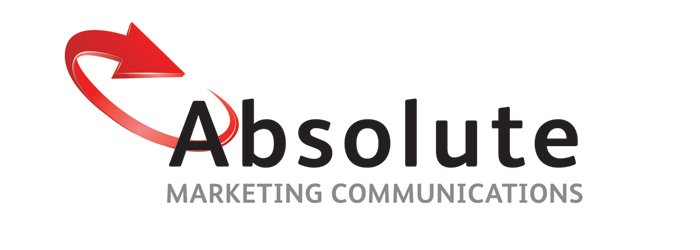With so many social media platforms, it can be hard to distinguish what you should post where. Generally, as a business, your social media messages are probably the same across the board, but should you be differentiating them?
If you look at the most popular platforms, it’s safe to say that most businesses would have a presence on Facebook, Instagram and LinkedIn as a minimum.
I generally post the same message across platforms but recently I realised that some of my posts aren’t necessarily relevant across all channels. Why? I believe each social media platform has its own personality. You might think this is a strange term to use but it’s probably the best term I can think of to describe my thoughts and give credence to those same thoughts. My findings come from my own experience.
If I had to compare mediums, I would say Facebook and Instagram are more casual. If I look at followers on my business page, they are made up of personal friends and acquaintances, business acquaintances and business owners.
LinkedIn is, in my mind, solely professional with some water cooler humour thrown in at times. The followers of my LinkedIn page are predominantly businesspeople who I may have worked with in the past, current business associates and anyone who may be interested in what my business has to offer.
So, why would I communicate a different message to each group? The main aim of social media is to engage with followers so it’s important that your messages encourage those they have reached to engage.
I mainly communicate messages that are applicable to both groups. Whether its communicating changes on my website, a new blog post or even a motivational message. These I post to all my social media accounts.
But, if I look at my Facebook page, I know that most of my followers are mums in business. Being that I consider Facebook a more casual social media platform, I at times post messages that may be targeted towards working parents, for example wishing those parents in Victoria all the best for home learning (we’ve had quite a bit of that in VIC!) etc.
I guess I feel that social media should be treated as you would treat any social event. LinkedIn would be your business conference or networking meeting where most conversation veers on the professional side with a little personal thrown in for good measure. Facebook and Instagram on the other hand could be considered a bit like Friday night drinks, work will be discussed but there will be talk of weekend plans with the family or home renovation projects.
Whichever mediums you are using, the right message will go a long way to getting you that coveted engagement.
Do you tend to post differently on each platform?
